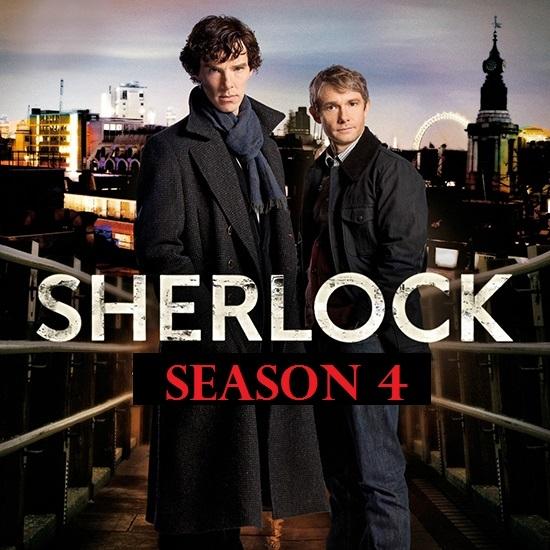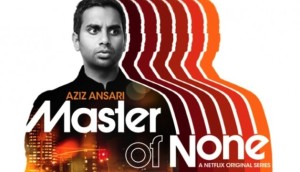The game is better than ever with season 4 of ‘Sherlock’

February 2, 2017
The long-awaited Season 4 of ‘Sherlock’, starring Benedict Cumberbatch and Martin Freeman did seem exciting at first but then lost all the hype as the episodes progressed. The past three seasons of ‘Sherlock’, all containing three episodes, each 90 minutes long, equal in comparison to the three newly-released episodes. Although the excitement, blood-rush and intensity is on an uncomparable level to the previous episodes, the overall plot line is muddled and references to previous episodes and the original series by Sir Arthur Conan Doyle seem to fly past your head.
Episode 1, ‘The Six Thatchers’ contains many unexpected plot twists and turns, sticking to the original format of the series. An innocent and unexpected character turns all the tables and offers the most surprises in this episode. The beginning of the episode served as a smooth transition from Season 3, Episode 3, ‘His Last Vow’ wherein Sherlock shot Charles Augustus Magnussen in the face.There also seems to be an increase in the amount of technology Sherlock uses, as in this episode he is seen tweeting on several occasions, even during the baptising of John and Mary’s daughter, Rosamund Mary Watson. In start of the episode, Sherlock is seen recalling a childhood tale he hated, ‘Appointment in Samarra’ which appears to be a sort of metaphor for the episode itself. Another interesting scene that contributes largely toward the end of episode 2, is a mysterious woman that John sees on a bus. They make light conversation by text once she hands him a piece of paper with her phone number on it. It’s at this point in the episode where a case piques Sherlock’s interest but he seemed distracted by a small “shrine” that the parents of the victim had in honor of Margaret Thatcher. A Thatcher bust was a part of the shrine but was stolen at a recent break-in. Soon after, similar Thatcher busts start showing up around town. Once Sherlock finds the location of the last bust, he fights a man for it, and makes a point of breaking the bust dramatically…and although the scene is riveting as is, what he finds in the bust is quite the shocker. This leads to backstory which is where the confusion begins. The constant shuffle between past and present confuses the viewer. It’s safe to say that while the episode began with Sherlock and John, the ending shone spotlight on a different character. Mary Watson, now a mother, holds more dark secrets than we thought she did and the story takes a dark turn.
“Overall, the episode was magnificently put together. A lot of thought was put into it, from the humorous references to past episodes down to the minute details of Sherlock’s deductions” says a freshman at DVHS who wished to go by Cassie.
By far the most convoluted ‘Sherlock’ episode yet, ‘The Lying Detective’ started off confusing the viewer and only continued to do so.The majority of the episode revolves around Sherlock overdosing on a stimulating drug of his choice while facing possible imminent death. John Watson, seeks a new therapist and goes through a rough patch that stays over him like a gray cloud from the last episode. Culverton Smith (played by Toby Jones), the villain in this episode, provokes the most fear in every scene he arrives in. Sherlock discovers Smith’s secret quite early on, and the rest of the episode is formulating a plan and putting it into action. While all the action may be in the later parts of the episode, the numerous amounts of secrets and things revealed overwhelm the viewer and confuses them. The storyline itself appears hazy and unclear. Much of what goes on in this episode refers to events in the last episode, ‘The Six Thatchers’ and contains many spoilers.
To conclude, the hype has been lived up to, but the overwhelming amount of information presented toward the end of each episode requires more than a moment to process and is much less straightforward than all the previous Sherlock episodes. The actors need to be highly commemorated for their skill and talent but the episodes itself needs to be more clear and precise with its events and happenings.



